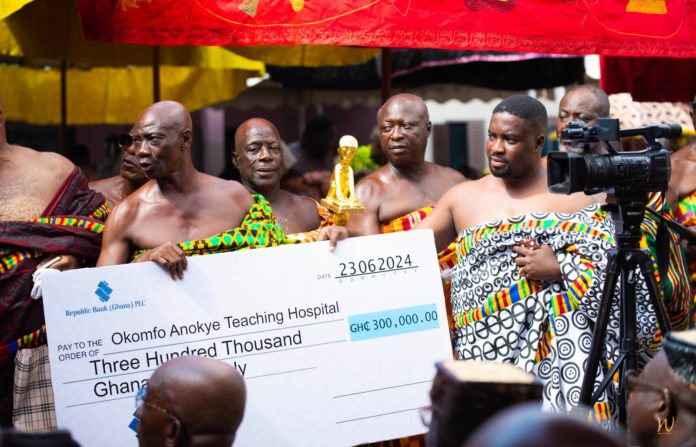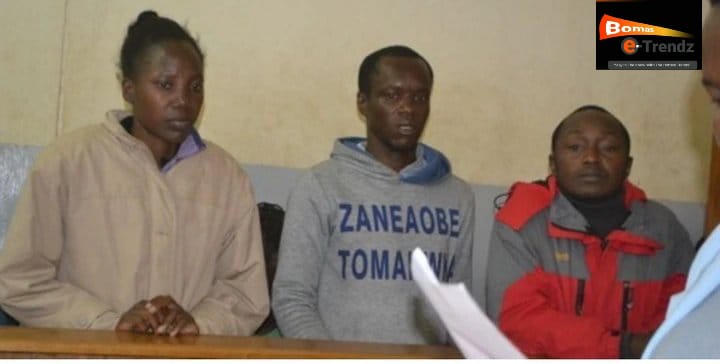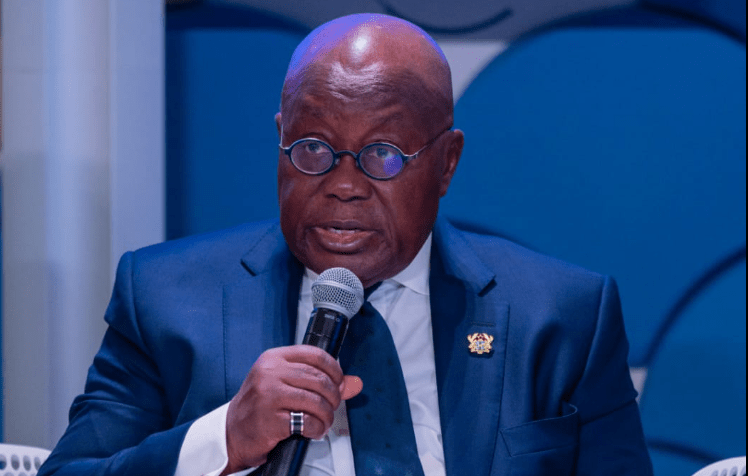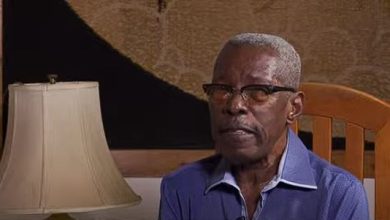New York jury convicts Donald Trump on 34 counts of falsifying business records
A New York jury has found former President Donald Trump guilty of 34 counts of falsifying business records related to a hush money payment made to an adult-film actress, marking a historic verdict that could significantly impact the upcoming November election.
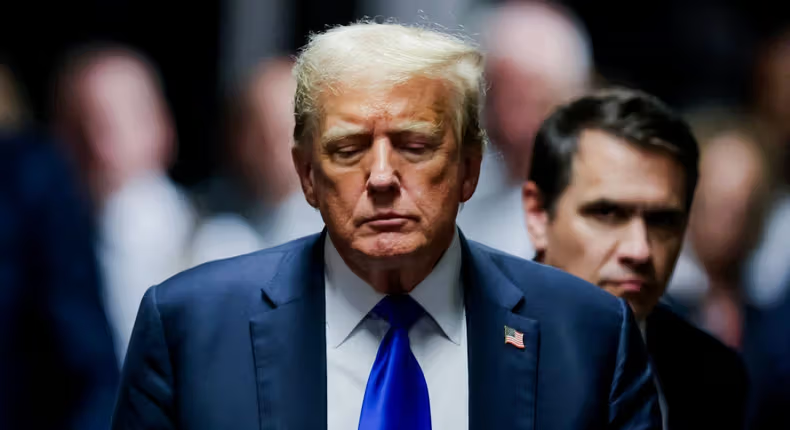
Trump, the first former U.S. president to be convicted of a crime, now faces a maximum sentence of 1⅓ to four years in prison. However, given his age and lack of prior criminal history, he may serve a reduced sentence or potentially no jail time at all.
The trial, which lasted seven weeks, saw Trump delivering daily tirades outside the courtroom, vehemently criticizing the justice system and proclaiming his innocence. The jurors, whose identities were kept confidential by the judge, deliberated for just over a day before returning their guilty verdict. New York Supreme Court Justice Juan Merchan has scheduled Trump’s sentencing for July 11, mere days before the Republican National Convention where Trump is expected to be formally nominated as the GOP candidate for the presidency.
Despite the conviction, Trump is set to continue his campaign to reclaim the White House. He is also expected to appeal the New York verdict. The conviction does not legally prevent him from running for or serving as president. Nonetheless, this verdict represents a significant blow to Trump and is poised to reverberate throughout the political landscape and the forthcoming presidential election.
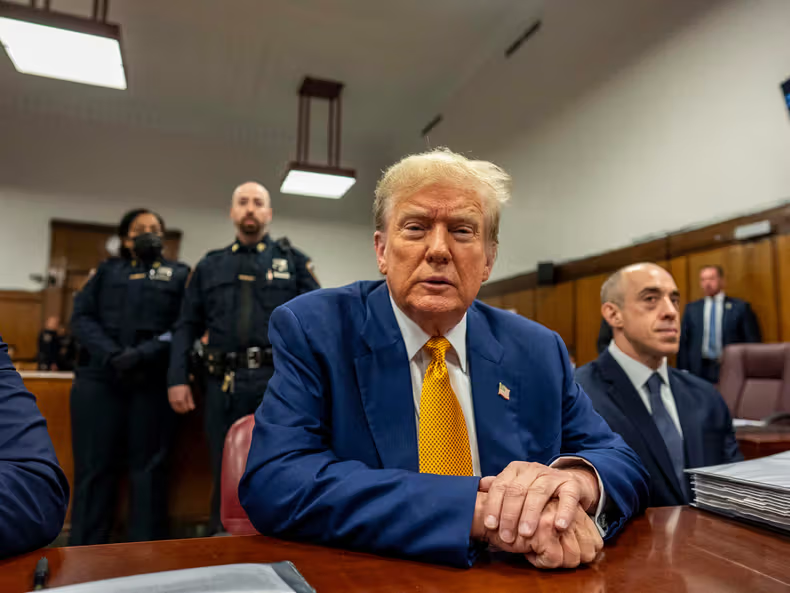
Trump’s response to the verdict was one of defiance. Leaving the courtroom with a grimace, he declared his innocence once more and denounced the trial as a politically motivated “disgrace” driven by President Biden. “This was a rigged trial by a conflicted judge who was corrupt,” Trump asserted. “The real verdict will come on November 5, by the people, who know what happened here.”
The case centered around a $130,000 payment made to Stormy Daniels, an adult-film actress who alleged a sexual encounter with Trump in 2006, which Trump denies. Michael Cohen, Trump’s former attorney and fixer, made the payment to Daniels shortly before the 2016 presidential election to prevent her from going public with her claims. Cohen was reimbursed through monthly payments from Trump, which were falsely recorded as legal fees in Trump’s business records, according to prosecutors.
The prosecution argued that Trump orchestrated a long-running scheme to influence the 2016 election by falsifying these business records. They presented a complex case, alleging a series of interlocking criminal violations. The defense, however, claimed that the payments to Cohen were legitimate legal expenses and attacked Cohen’s credibility, highlighting his past criminal convictions and accusing him of lying to incriminate Trump.
Cohen, who testified that he arranged the payment at Trump’s direction, was the prosecution’s key witness. His testimony was vigorously challenged by the defense, which sought to portray him as unreliable and vindictive.
The Manhattan District Attorney’s office, led by Alvin Bragg, pursued the case even after federal prosecutors had declined to charge Trump years earlier. The grand jury’s indictment of Trump last year marked the first of four criminal cases brought against him within a span of five months.
This conviction adds to a series of legal defeats for Trump in New York, where he has lost two civil cases to writer E. Jean Carroll, who accused him of battery and defamation. Trump was ordered to pay nearly $90 million to Carroll, a decision he is appealing. Additionally, he faces nearly half a billion dollars in penalties following a civil fraud lawsuit by New York Attorney General Letitia James, although he has posted a lower bond while appealing that judgment.
Trump also faces ongoing criminal cases in Florida, Georgia, and Washington, D.C. However, due to anticipated appeals and pretrial motions, it is unlikely any of these cases will go to trial before Election Day.
During the trial, witness testimonies often delved into sensational and sordid details, revealing the lengths to which powerful figures go to suppress scandalous stories. Daniels testified in graphic detail about her alleged encounter with Trump, leading to unsuccessful calls for a mistrial by Trump’s legal team.
Trump, who did not testify, was a frequent critic of the proceedings, railing against the judge and the district attorney on his way in and out of the courthouse. Despite a gag order prohibiting him from commenting on witnesses or jurors, Trump violated it multiple times, leading to contempt of court findings and warnings of potential jail time.
Throughout the trial, Trump’s demeanor fluctuated between passive and visibly agitated, especially during Daniels’ testimony. His legal team and a rotating group of political allies and supporters accompanied him, vocally denouncing the trial outside the courthouse.
